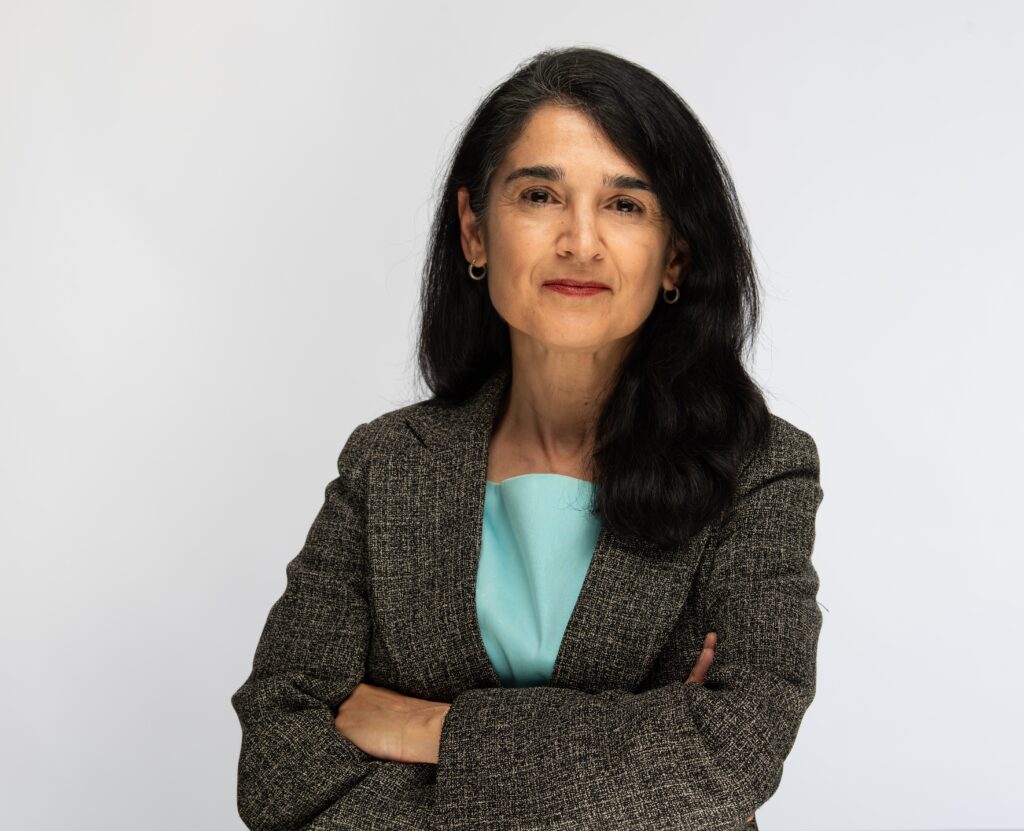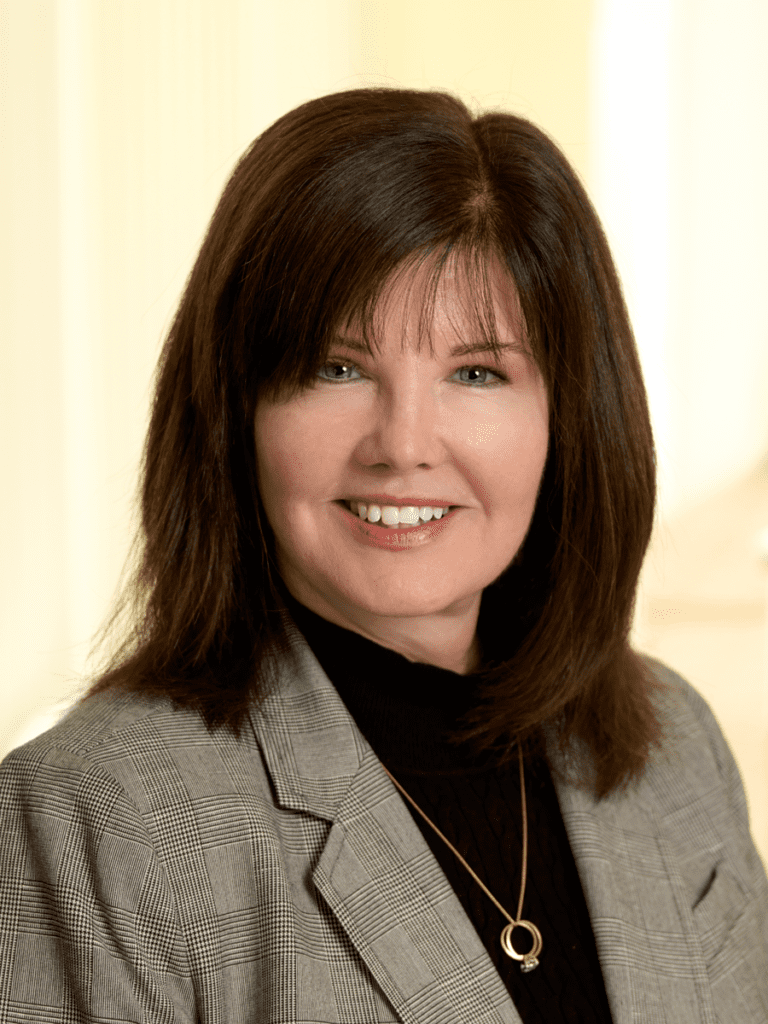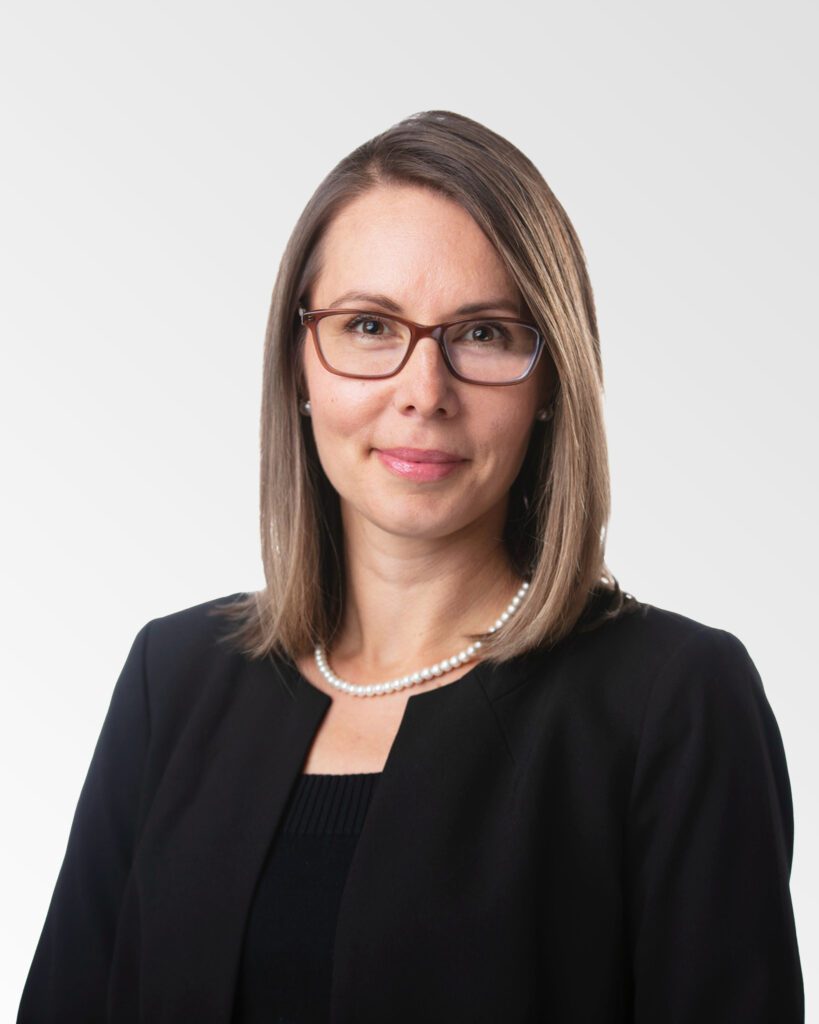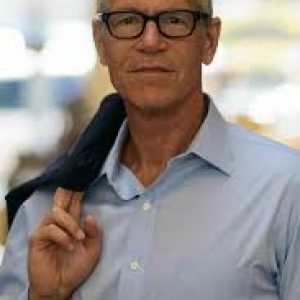Suzy Taherian made a name for herself as a go-to finance chief for technology startups and is now in her fifth CFO engagement. Her rise to the top of finance at five companies is remarkable for many reasons, chief among them because she’s a woman in a role long dominated by men.

“I never imagined I would someday become a CFO, much less five times; when I was in college, there were no women CFOs, no role models to consider finance as a career choice,” said Taherian, CFO at Xpansiv, a global market for connecting buyers and sellers of environmental commodities like carbon offsets.
Today is a different story. An analysis of 30 million job profiles by the online staffing agency Zippia indicates that more than 28 percent of the 131,815 CFOs in the U.S. are women. Nevertheless, the glass ceiling in big companies for women has yet to shatter completely: only 16.3 percent of CFOs at Fortune 500 and S&P 500 companies are women, according to a recent report by executive recruiting firm Crist | Kolder Associates.
These percentages are heading upwards. Jessica Bier, U.S. Human Capital Finance Transformation Leader at Deloitte, said the audit and advisory firm’s internal data suggests a persistent rise in the number of female CFOs. “Women have always been great executive material; that has not changed,” she commented. “Structurally things have changed to allow women to become CFOs.”
The biggest structural change within companies giving women a shot at a job that very few considered possible a generation ago is the establishment of a diversity, equity and inclusion (DEI) program and culture, she said. “Seventy-two percent of finance chiefs worked at companies with a formal DEI program in 2021, up from 67 percent in 2019,” she said, citing data from the firm’s quarterly CFO Signals surveys. “Companies are more intentional about women as business leaders. Consequently, more women are thinking, `I can be anything, even a CFO.’”
It’s a good time for young women entering college to have such thoughts, given a severe dearth of accountants, ranked by Deloitte as one of the top five challenges for companies. Accountants are the feedstock for future finance chiefs. According to Crist | Kolder survey data on the Fortune 500 and S&P 500, the top undergraduate major for current CFOs was accounting.
Taherian didn’t take accounting classes at the University of California Davis, studying instead to become a nuclear engineer. After graduating with a degree in mechanical engineering, she hired on as a consultant with Andersen Consulting (Accenture today) in 1990. Three years later, she decided to get an MBA at Northwestern University and registered for her first accounting course.
“Like many young people, I didn’t think accounting was interesting or sexy, but as an engineer, I wanted to know how business decisions were made and took a basic accounting course, which I really liked,” she said. “I eventually majored in accounting and realized that all business decisions are driven by the numbers.”
Back then, the numbers were manually crunched, a dreary time-consuming set of tasks deterring many young people from choosing the subject as a major. Thanks to today’s accounting automation solutions, this is no longer the case. “Machines and systems do the transactions, freeing accountants to interpret what the numbers mean,” said Bier. “This is an opportune time for women to get into accounting, the heartbeat of the business. The skills will serve you throughout your career. Even if you can’t imagine yourself as a CFO someday, you’re on that track.”

Jean Bua, CFO at public company NetScout Systems, a real-time network visibility platform, agreed. “Once you know accounting, you can quickly understand the operations, technology, financial planning, forecasting and the capital markets,” she said. “Eventually, you become a business partner of the CFO. After that, there’s no reason you can’t take on that role.”
Gathering Speed
Bua majored in accounting at Bryant University and received an MBA in computer science at the University of Rhode Island. The accounting courses she took in college gave her a basic understanding of financial statements, auditing methods, tax laws, regulations, business practices and principles, and more.
“I also learned about teamwork, how to collaborate with people, and how to present myself as a professional,” she said. “For women looking for work-life flexibility, accounting is a profession you can always fall back on. There’s always jobs available for accountants with zero business experience. Even in your retirement, an accountant can always open up a shop as a bookkeeper. Although a finance degree also puts you on a path to become a CFO, it doesn’t offer the same degree of flexibility.”
Bua started her career in 1983 as an auditor at KPMG, before migrating to another audit and advisory firm, Ernst & Young, as a manager. Thereafter, she was hired by different companies as a Controller, Chief Accounting Officer, Treasurer and Executive Vice President of Finance, before becoming the CFO of NetScout in 2010. “It never dawned on me that becoming a CFO wasn’t in reach,” she said.

Amplifying The Voices Of Women CFOs
Three steps women in finance can take to develop a strong, influential presence within their company.
While her career trajectory appears relatively smooth, gender issues occasionally lurked beneath the surface. “I’ve always worked with male CEOs like my current CEO (Anil Singhal, NetScout founder), who doesn’t have a biased bone in his body when it comes to gender, sexual identity, ethnicity,” she said. “We have great chemistry. But one CEO once said to me, `Gosh, I’m so aware you’re a woman; sometimes I don’t know how to talk to you.’”
Bua chalked it up to some men being more at ease with other men. “I’m not a man so I don’t know what their hurdles are, but across my 30-year career, I’ve noticed that being a different gender makes certain men uncomfortable, especially if you have to travel with them or engage in after-hour work activities,” she said. “When they’re conscious you’re a female, it changes the relationship. Fortunately, I work with a management team that doesn’t think this way.”
How can a woman rise above such potential complications? “It’s important to be aware of them in navigating your career,” she replied. “Women are frequently chastised for thinking their careers are built on luck, but I think it’s more timing than anything else, in addition to a broad skills set and chemistry.”
Switching Gears
Like Taherian and Bua, Connie James majored and received a degree in accounting, from the Lee Business School at the University of Nevada Las Vegas. James is CFO at public company Light & Wonder, a global online and mobile games company.
Accounting was not her initial choice as a major, however. Her plan was to study international business and travel the world. Circumstances got in the way; James was the eldest of three children reared by a single mother and needed to work during college to pay the tuition. “To do what I wanted to do required learning another language and I just didn’t have time to master it,” James said.
She considered a major in philosophy instead, but her grandfather talked her out of it, calling it a hobby and not a career. “I was taking an accounting class at the time and whereas other students were struggling, I was pretty good at it,” she said. “I chose it as my major and really enjoyed the program.”

In her senior year, looking for an internship opportunity, her accounting professor introduced her to the head of internal audit at the MGM Mirage resort hotel in Las Vegas, who brought her on. At the resort one day, she met executives from Deloitte Australia. After a job interview, James was hired as a senior analyst in enterprise risk services. “I packed two suitcases and jumped on a plane,” she said. “I ended up traveling the world, doing what I’d hoped to be doing.”
In 2011, James left Deloitte to become Vice President of Finance, Product and Technology at Aristocrat Leisure, a maker of gambling machines in Australia. She was named CFO of the company’s Americas division in 2013, which entailed a return to Las Vegas. In 2020, she became the finance chief at Light & Wonder.
Along the way, she and her husband reared two children. “My husband took a step back from his own career for the sake of our family,” she said. “He likes to say he’s the `CEO of the James Gang.’”
Asked to look back over her career and cite the defining factor leading to becoming a CFO, James responded, “Getting that accounting degree. Accounting gives you the ability to understand how a business makes money and spends money. You learn the various levers that ladder up to the financial results. It’s the scoreboard that matters.”
Easy Math
Numbers preoccupied Taherian as a child. In second grade, the future five-time CFO fell in love with the book, Fun with Numbers. In high school, she read a biography of Marie Curie, the first woman to receive a Nobel Prize and the only person to receive the prestigious award in two scientific fields, physics and chemistry. “Madame Curie laid the groundwork for the future use of nuclear energy, factoring into my early plans to become a nuclear engineer,” she said.
Like so many other college students, she changed course. “The winds were no longer favorable for nuclear energy, so I shifted toward a focus on renewable energy, which was just then taking off. All this great technology was coming out and venture capital firms were eager to fund them,” she said.
Large oil and gas companies like Exxon and Chevron were just beginning to realize the need to diversify energy production. Taherian left Andersen Consulting in 1993 to become a supply and trading analyst at Exxon. Three years later, she joined Chevron. During her 14 years with the company, she helped solve the financing challenges for emerging technology startups in Latin America, Australia, China, Africa and the UK. She also mined her accounting knowledge to develop 16 critical performance metrics at Chevron Argentina, serving as the subsidiary’s Controller.
Taherian took advantage of the energy giant’s CFO leadership program, the feedstock for many future CFOs, she said. “It didn’t click for me that I could become a CFO until my sister-in-law one day said, `Why aren’t you a CFO? You have the education and the experience. This is your path.’”
In 2010, she course-corrected, leaving Chevron to become the Senior Director of Financial Planning and Analysis at Amyris, a leading biofuel company, Two years later, she became the CFO at LanzaTech, another biotech startup developing renewable fuels. The former CFO, Jennifer Holmgren, a woman, hired her. “It’s hard to get that first CFO job,” she said, noting that Holmgren recently took LanzaTech public as its CEO.
From 2013 through 2020, Taherian racked up three more CFO positions, at eCullet, Nobletron and Kinetic Systems. Most were private equity backed companies in the technology sector or serving it that she put up for sale or took public in an IPO. “The engineer in me makes me gravitate toward companies with interesting technology,” she said.
In June 2021, she gravitated to Xpansiv, whose board members include Jean Rogers, head of sustainability at Blackstone, a major Xpansiv investor. “We’re providing tools and information to more accurately value agriculture, energy and materials to deliver a world worthy of future generations,” she said.
Asked for her advice to young women contemplating a career that could lead to a CFO-level job, she recommended they take college courses in mathematics and psychology. “The job is half-numbers, half-people,” she explained. “I don’t mean calculus math, just basic addition, subtraction and division. Psychology classes help you to effectively tell the story of the numbers.”
Apprised of the statistics indicating that only 16.3 percent of CFOs at Fortune 500 and S&P 500 companies are women, she was not surprised. “What many women lack is visibility and opportunity,” said Taherian, who teaches international business and international finance classes in the MBA program at her alma mater, UC Davis. “My male American students speak up more than women and minorities and are always asking to work on projects. Women tend to be quieter.”
To alter the status quo, she changed her grading to include class participation points. “When female students ask me why their grades weren’t as high as expected, I tell them it’s because you didn’t ask questions, raise your hand or speak up in class.” As for the lack in opportunity women confront, she offered this advice: “Seek work at a company doing things you find personally meaningful.”
She pointed to businesses engaged in developing green energy solutions as a great opportunity for young women interested in mission-driven work. “It’s a fast-growing, massive field, with more than $16 trillion committed to sustainable investments in the next decade,” she explained. “Who better than women to help Mother Earth?”








